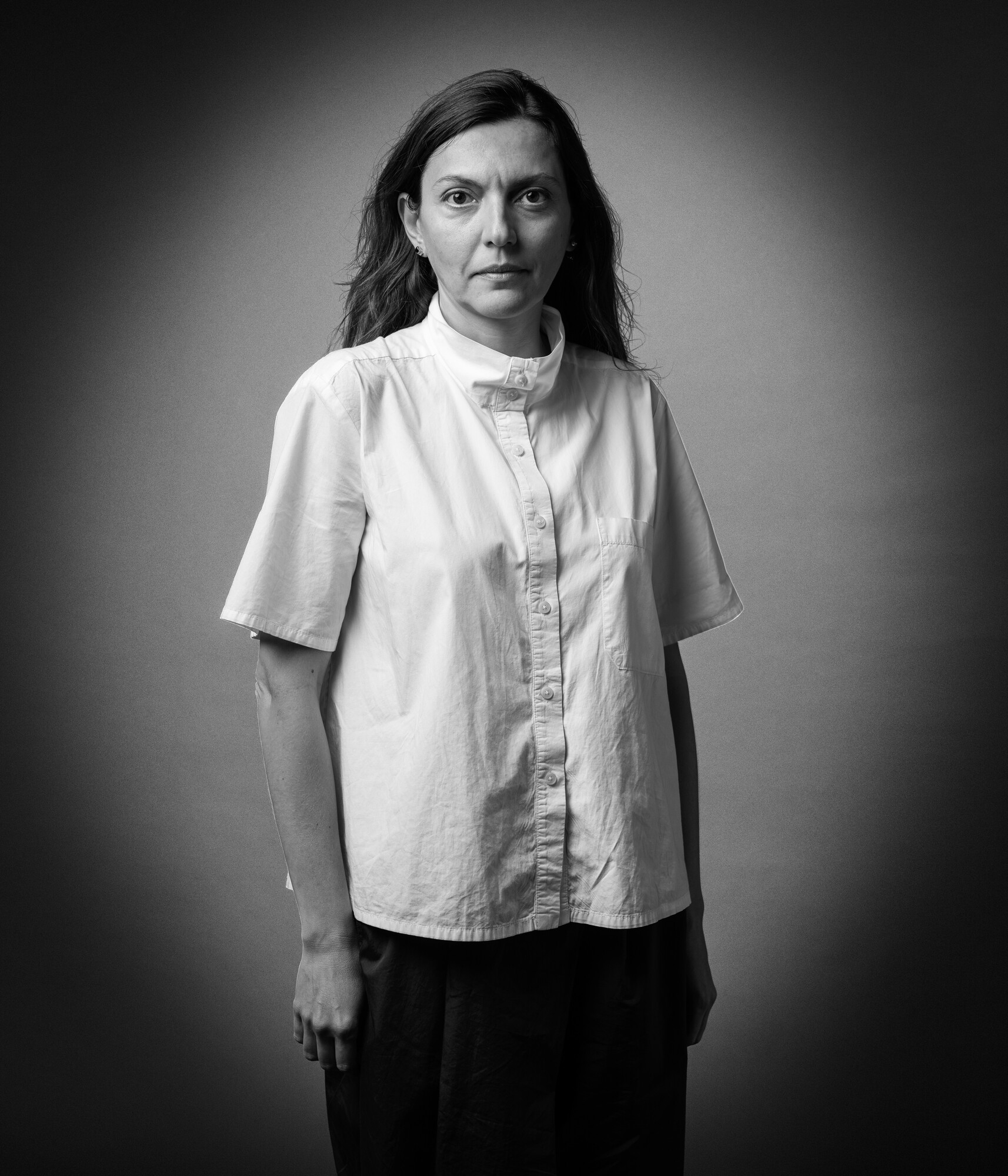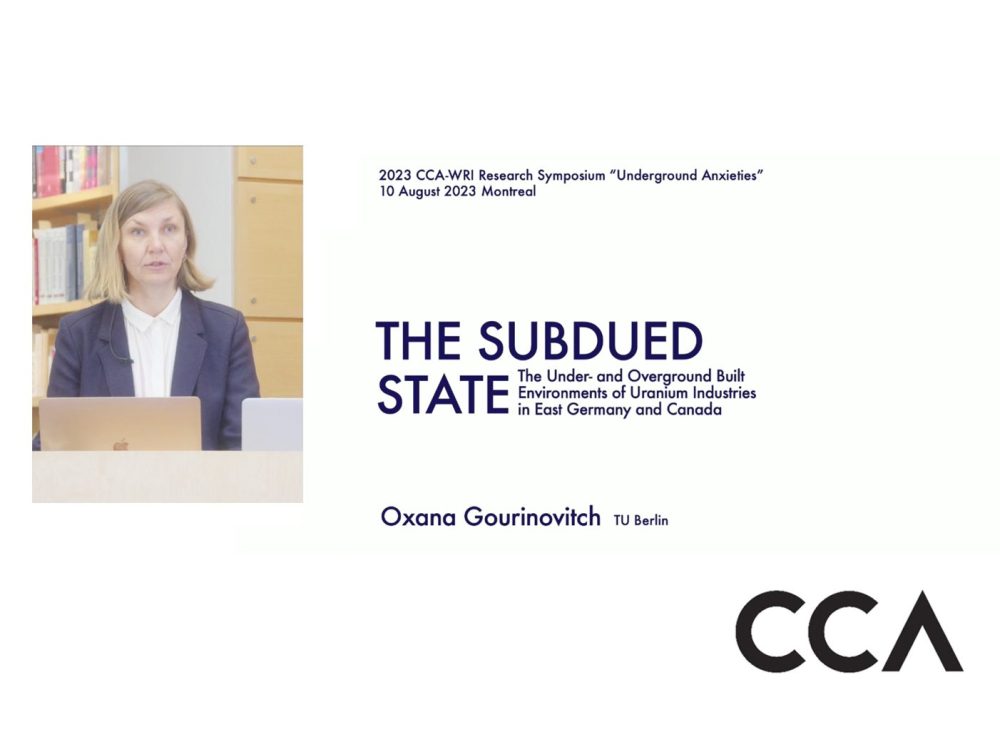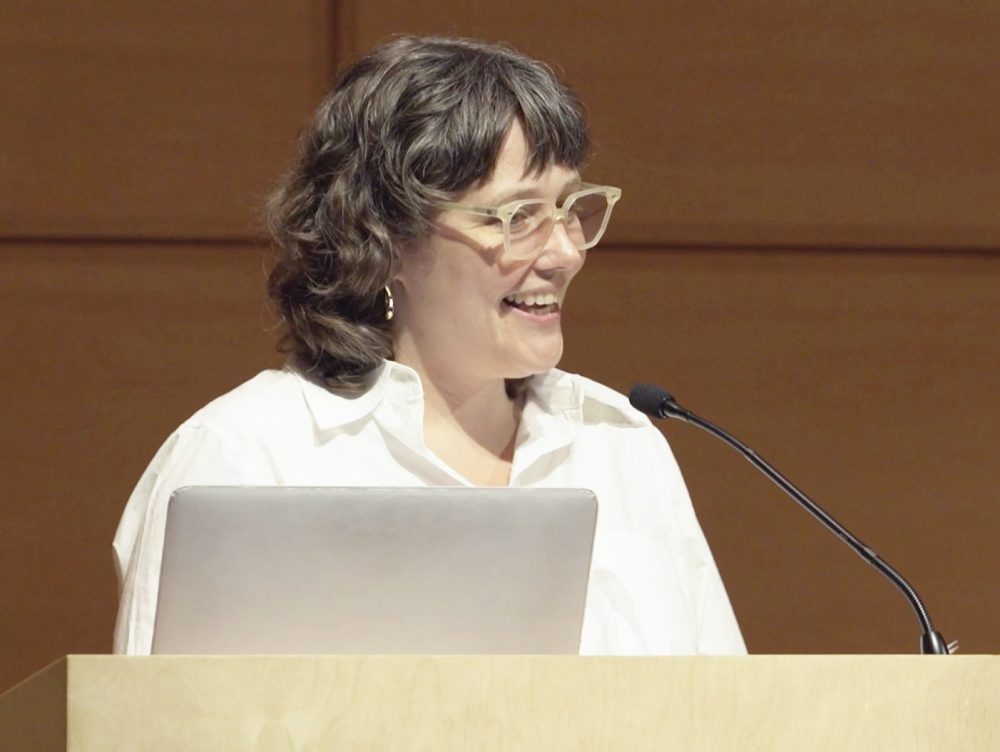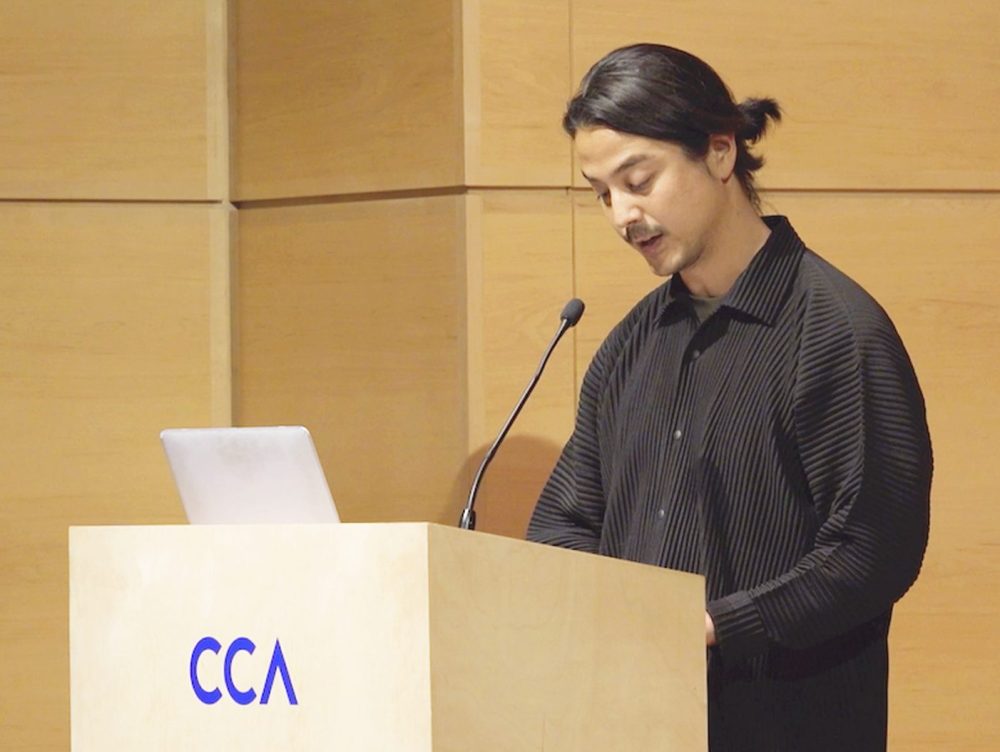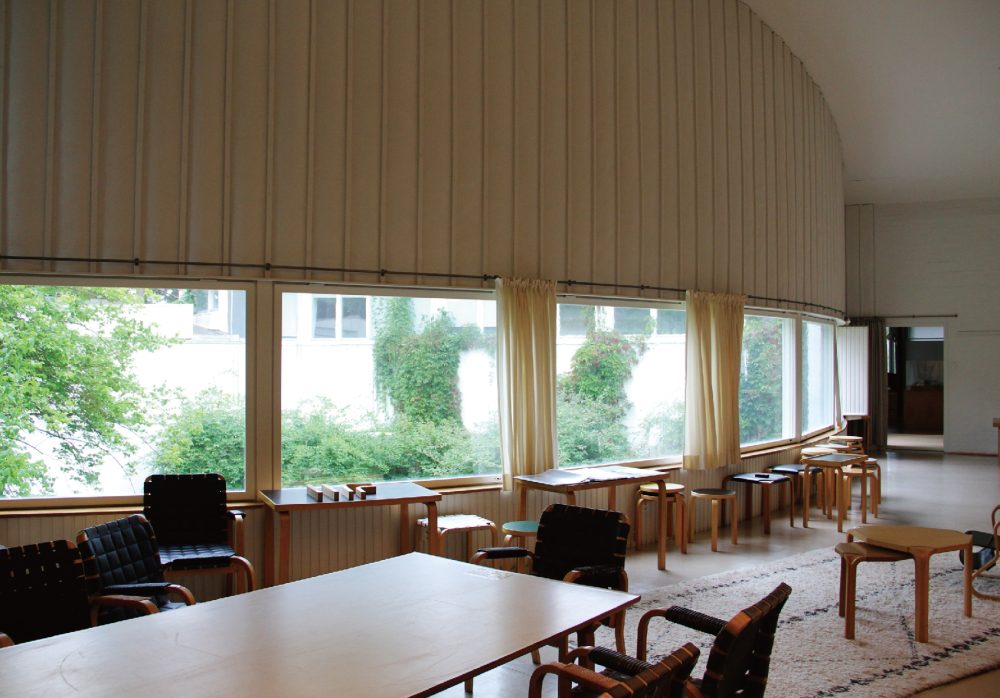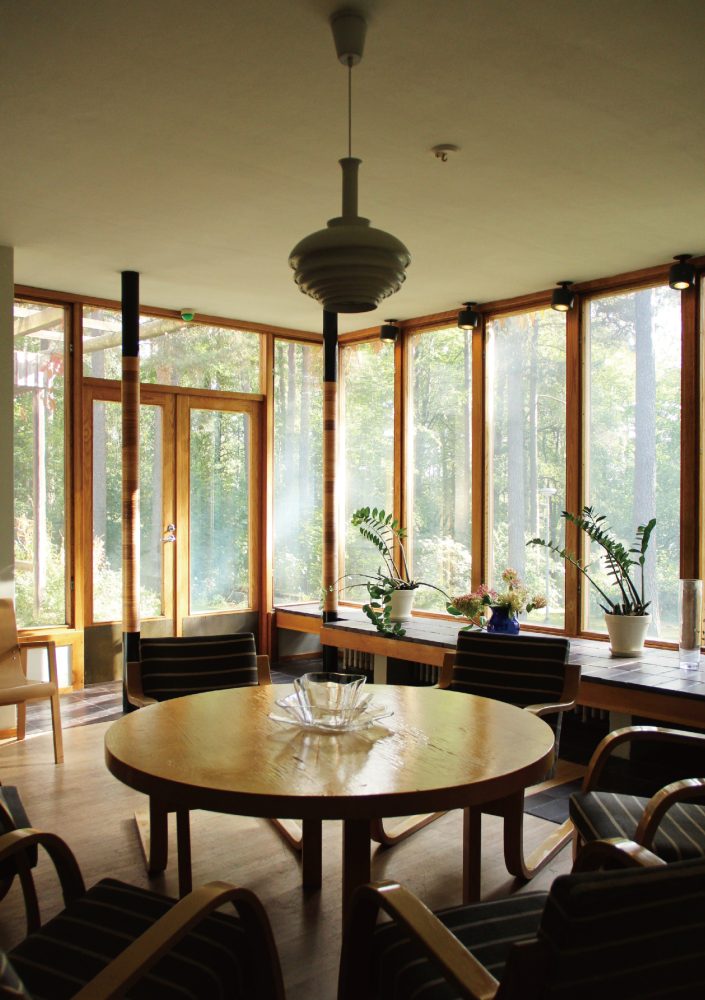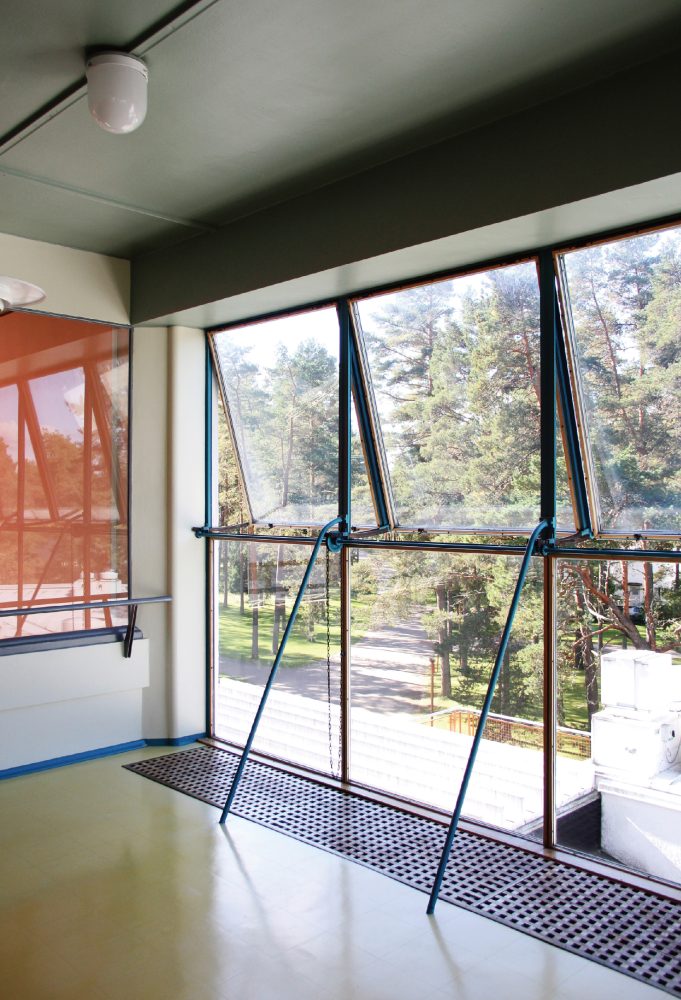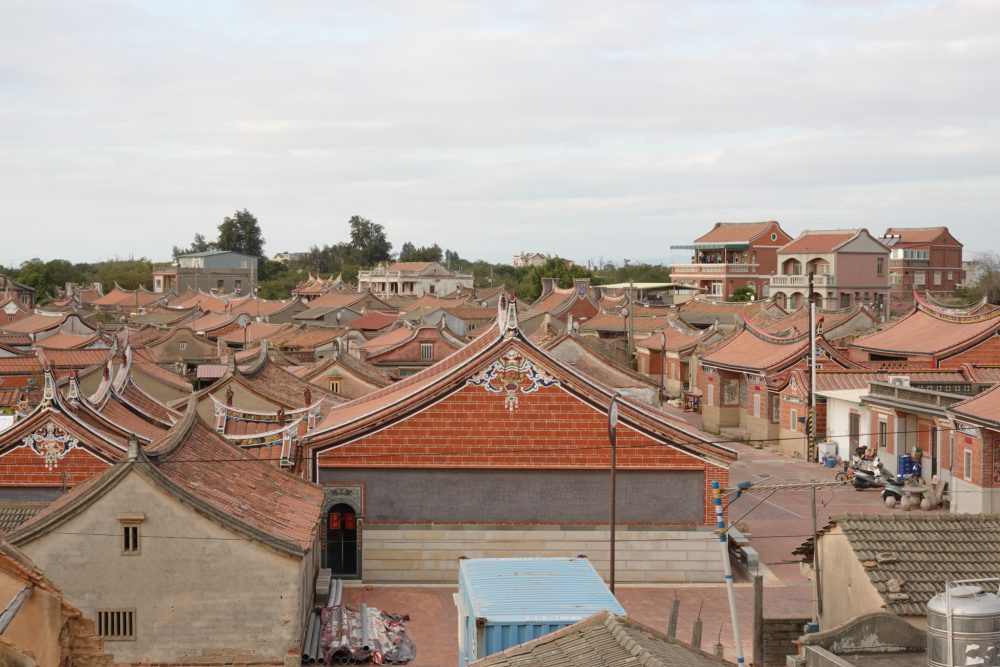Grant Results CCA-WRI Research FellowshipSelected Projects 2024
All of the Above: A Global Future of Energy
31 Mar 2025
- Keywords
- Energy
The Window Research Institute partners with the Canadian Centre for Architecture to offer the CCA-WRI Research Fellowship. In this article, we introduce the research project of Gökçe Günel, one of the 2024 fellows.
Project Overview
This book project demonstrates how global energy industry representatives perceive the future of energy through an imagination of “all of the above” solutions, which stress the necessity of fossil fuel infrastructure for ensuring energy justice alongside other forms of energy infrastructure. The book asks how the “all of the above” approach makes itself known in the global South by focusing on the emergence of Karpower’s floating power plant in Ghana alongside solar power stations and electric vehicles (EVs). By showing how energy professionals actively construct such “all of the above” solutions, the project presents a critique of the widespread understanding of energy infrastructure that is based on notions of progressing or transitioning along a linear timeline.
In engaging with the CCA-WRI’s call for analyzing “between” conditions, I discussed how temporary power infrastructures such as powerships have capitalized on the potential for long-term development and linear progress in the places where they have been put to use. Their producers framed them as provisional systems whose eventual demise would spawn a new era of post-fossil-fuel modernization. The formal qualities of the floating power plants served as evidence of such a possibility. However, their contracts gave rise to relationships that prioritized longer terms of attachment to national grids, extending the provisional term and deferring the arrival of progress toward clean technology. Electricity producers have been financially and politically invested in extending and prolonging this liminal period as far into the future as possible, absorbing the country’s resources and delaying the arrival of an age beyond their obsolescence. In this sense, temporary power structures have constituted technologies of deferral. My work asked, how, then, did the liminal become a technology for forestalling progress? More importantly, what does the proliferation of such liminal devices mean for the global future of energy and climate change?
The productive intellectual setting at the CCA allowed me to discuss the project with fellows with expertise in architecture history, art history, and media studies, among other disciplines. While the PhD student seminars generated debates that foreshadow the future of research on spatial dynamics, the collaborative sessions and social events with more senior fellows opened opportunities for exchange regarding various topics, including questions of liminality and permanence/impermanence. At the CCA archives, I was able to conduct research on the development of energy regimes globally in the 1960s and 1970s while viewing unique material on the formations of postcolonial states such as Ghana. At the same time, CCA exhibitions such as Mad Skills foregrounded the multiplicity of perspectives regarding labor regimes, economic growth, and construction, all issues that parallel my research interests. Finally, the CCA bookstore and library created space to browse old and new publications effortlessly.
Excerpted from the video recording of the Energy Always: 2024 CCA-WRI Research Symposium (August 7, 2024, Montreal)
Gökçe Günel
Gökçe Günel is Associate Professor in Anthropology at Rice University. Her work investigates how infrastructure transforms amid energy and climate change-related challenges. Her latest book, Spaceship in the Desert: Energy, Climate Change and Urban Design in Abu Dhabi (Duke University Press, 2019), focuses on the construction of renewable energy and clean technology infrastructure in the United Arab Emirates, more specifically concentrating on the Masdar City project. Her forthcoming ethnographic monograph, All of the Above: A Global Future of Energy, analyzes the narrative of energy transitions by studying the emergence of a Turkish-built floating power plant in Ghana. Dr. Günel co-authored “A Manifesto for Patchwork Ethnography” (2020) and co-leads Patchwork Ethnography.
